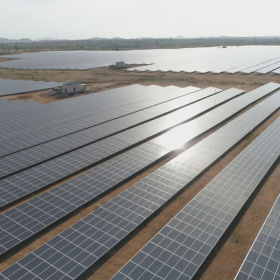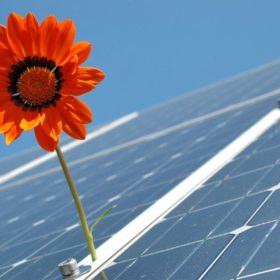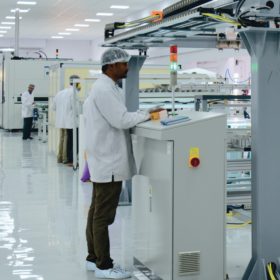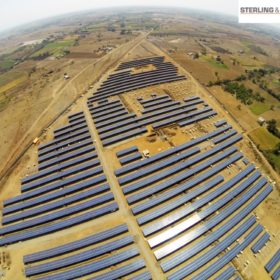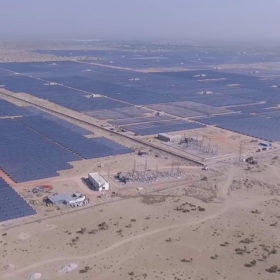Mahindra & Mahindra cancels pact to sell solar arm
The company cited delay in sale completion of Neo Solren as the reason for the pact’s cancellation with CLP India. The subsidiary was formed to set up and operate solar plants in Telangana.
Green finance flows just one-tenth of the actual requirement
The tracked green finance for climate mitigation was an average Rs 124 thousand crore (US$19 billion) for FY 2017 and FY 2018, representing only about 10% of what the country required.
India could add 6,490 electric buses in next two years
The country’s electric bus market has gained momentum owing to aggressive government push through FAME India [Faster Adoption and Manufacturing of (Hybrid &) Electric Vehicles in India] scheme and increased interest from global investors.
Study explores feasibility of North India’s renewables transition
The region could, by 2050, cut greenhouse gas emissions from power, heat, transport and desalination which are expected to add up to more than 825 metric tons of carbon dioxide equivalent this year. Such a transition could be perfectly possible, technically and financially.
India’s solar future: Domestic first, international second
The International Solar Alliance signals India’s hope to be a global competitor in emerging technologies and cement its place as an institution builder. But how does India’s vision translate into domestic policy? Has India led by example?
Scaling up solar manufacturing in India
A new study by CEEW Centre for Energy Finance assesses the competitive advantage that China has over India and presents a suite of short-term and long-term interventions required for a globally competitive solar manufacturing sector in India.
IEEFA: Why India can’t match the Gulf region’s record-low solar tariffs
India’s solar tariffs—whilst some of the lowest in the world—are almost double the Gulf region’s US¢1.35-1.80/kWh.
Malaysia’s Yinson increases stake in India solar plant to 95%
Having acquired a 37.5% stake in March, Yinson has now agreed to buy an additional 57.5% equity interest in Indian independent power producer Rising Sun Energy (RSE) with a cumulative operational capacity of 140 MW (AC) in the Bhadla Solar Park.
Engineering drives next-generation solar power in Southeast Asia—Black & Veatch interview
Mitesh Patel, Renewables Director-Asia, US-headquartered EPC player Black & Veatch, speaks to pv magazine about the key trends driving the solar market, especially in Southeast Asia, and strategies to improve the bankability of PV projects.
Modi loosens the purse strings to help struggling state utilities
Covid-19 hits to demand and bill payment collection have worsened the plight of the nation’s already debt-crippled power distribution companies, prompting the government to order an exceptional relaxation of lending limits.
